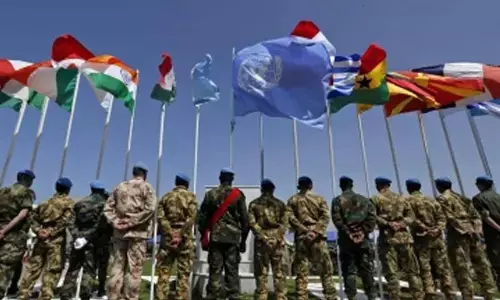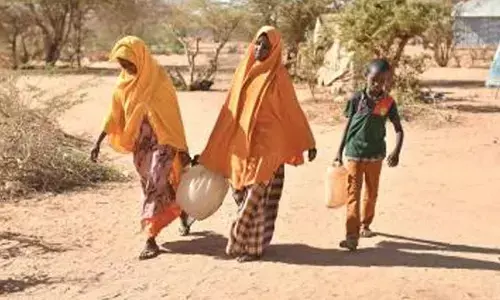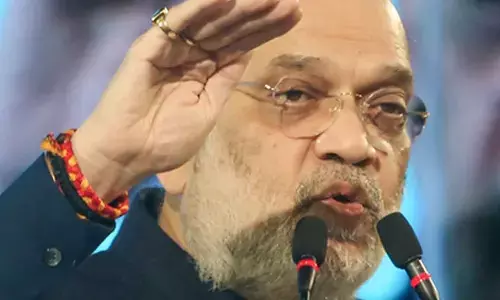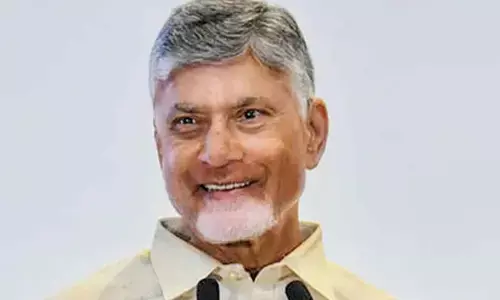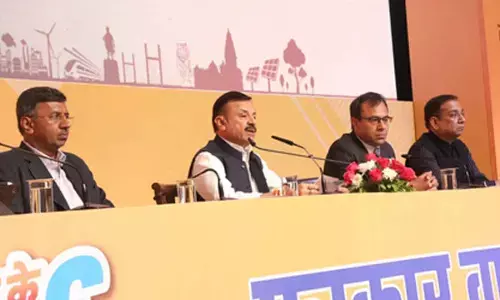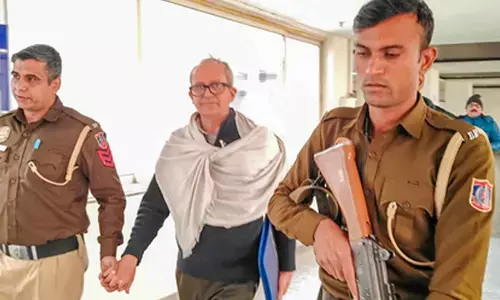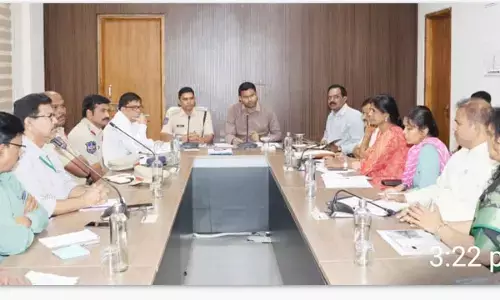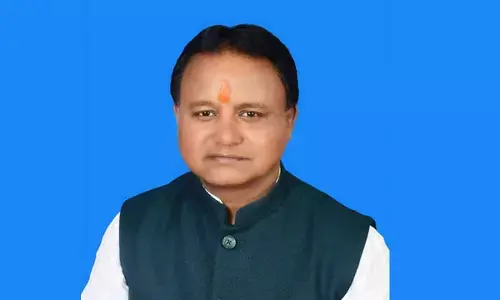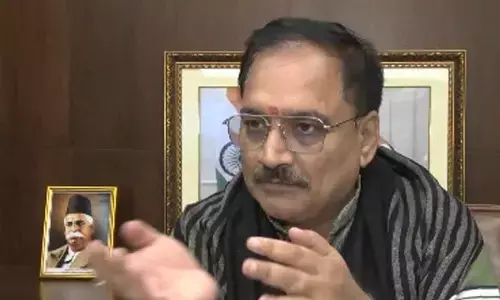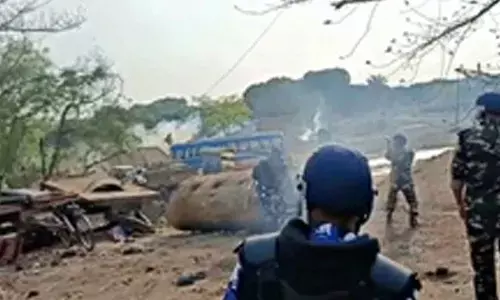'Cite concrete examples at state level': Supreme Court on plea seeking minority status to Hindus
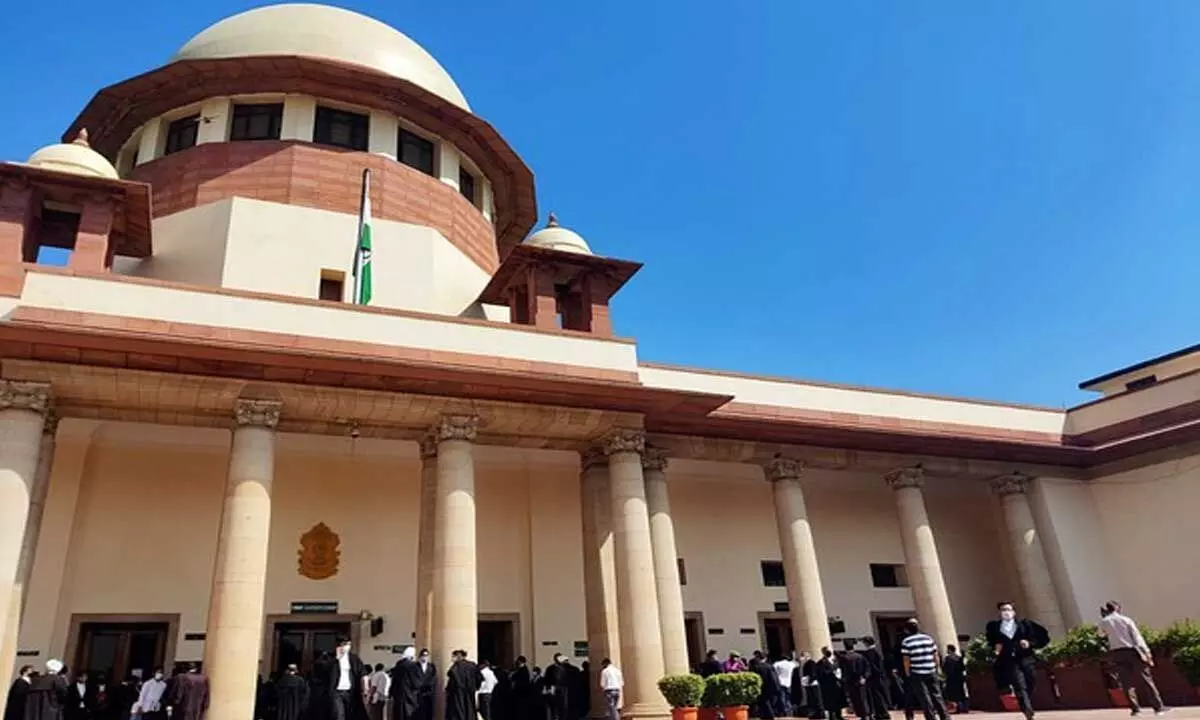
Supreme Court of India
The Supreme Court on Monday asked counsel to bring on record some concrete examples of Hindus being denied minority status at the state level.
New Delhi: The Supreme Court on Monday asked counsel to bring on record some concrete examples of Hindus being denied minority status at the state level.
The top court was hearing a plea challenging a provision of the National Commission for Minorities (NCM) Act and seeking a direction to the Centre to define "minority" and lay down guidelines for the identification of minorities at the district level.
Senior advocate Arvind Datar, representing Devkinandan Thakur, submitted before a bench headed by Justice U.U. Lalit that a 1993 notification says six communities --Muslims, Christians, Sikhs, Buddhists, Parsi, and Jain -- are minorities at the national level, and court judgments say minorities have to be notified by states.
Noting that a Christian institution claiming minority status in Mizoram will be a reversal of the situation, the bench asked Datar: "Are you denied the status in any state?"
As Datar said that he is talking about Hindus being denied minority status and there is a general perception that Hindus cannot be minority, the bench replied that only if there is a concrete case that Hindus are denied minority status, for example in Mizoram or Kashmir, then the court can look into this.
Justice Lalit said: "We are not able to understand what is the injury the petitioner is claiming?"
Pointing at linguistic minorities, the bench, also comprising Justices S. Ravindra Bhat and Sudhanshu Dhulia, queried: "Kannada-speaking person in Maharashtra, is a minority....."
Justice Lalit further queried is the notification of any particular institution as minority under challenge, or the challenge is to the legislation? If a Sikh institution claims minority status in Punjab, then it is a travesty of justice, he said.
"We are going ahead with these challenges in the air....," noted the bench.
As Datar cited a plea challenging the NCM Act pending in another court, Justice Bhat queried: "Why should the court look into this?" When Datar reiterated that Hindus are being denied minority status, Justice Lalit said: "We have to get to a concrete situation..."
The bench said Hindus may be minority in certain states like Mizoram and Kerala, and they might have claimed minority status and running institutions. "Every person can be a minority in this (situation)...I can be a minority outside the state of Maharashtra... unless, we get a concrete situation, difficult to deal with the situation," said Justice Lalit.
At this, Datar sought some time in the matter.
The top court accepted Datar's request and adjourned the matter for two weeks.
The plea said: "Cause of action continues till date because followers of Judaism, Bahaism, and Hinduism; who are real minorities in Ladakh, Mizoram, Lakshadweep, Kashmir, Nagaland, Meghalaya, Arunachal Pradesh, Punjab, Manipur, cannot establish and administer educational institutions of their choice because of non-identification of 'minority' at the state level, thus jeopardising their basic rights guaranteed under Article 29-30."
The plea contended that their right under Articles 29-30 is being siphoned off illegally to the majority community in the state because the Centre has not notified them as 'minority' under the NCM Act. The plea challenged the Section 2(C) of the Act, which declared Muslims, Christians, Buddhists, Parsis, Sikhs and Jains as minorities at the national level and sought direction for district-wise identification of minorities and state-wise status.
In May, this year, the Ministry of Minority Affairs has told the Supreme Court that though the power is vested with the Centre to notify minorities, but emphasised on having a wider consultation with states and other stakeholder in the view of the plea seeking a direction to the Centre to lay down guidelines for identification of minority at the state level, saying the Hindus are in minority in 10 states.








